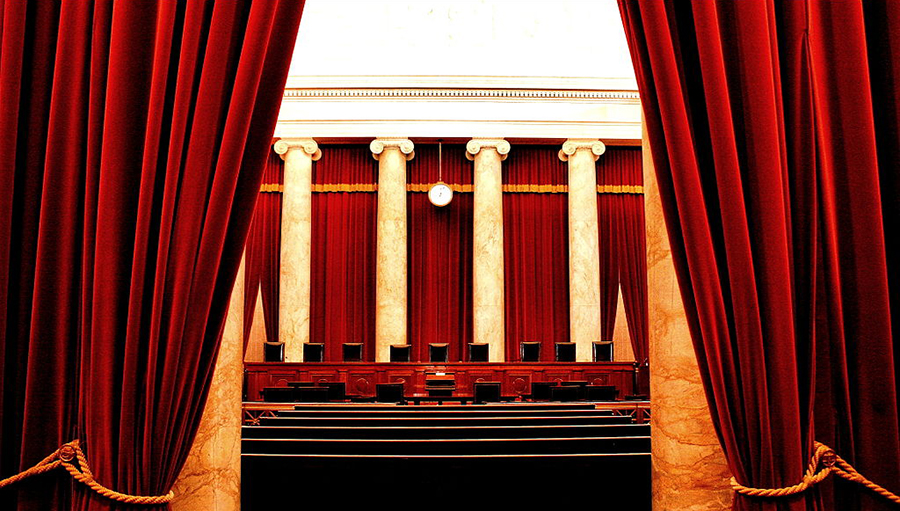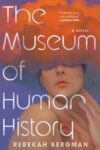
Phil Roeder
It is no surprise that in a world where opinions become precedents and metaphors become future cases, clarity and concision are virtues. Clarence Thomas, whose opinions are often the shortest and most accessible, takes a “murder your darlings” approach to editing, and Ruth Bader Ginsburg, who studied European literature under Vladimir Nabokov, attempts to write journalistically, with inverted pyramids. But Antonin Scalia, who calls himself a word-loving “snoot” (after David Foster Wallace), believes that “one of the wonderful things about American legal opinions is that they are the opinions of a single identified author, so that he can put some of himself or herself into it.” “There has to be a certain dignity and weight to the opinion,” he says, “but that doesn’t rule out an occasional witticism or a pun or something of that sort.”
Whether you agree with his interpretations or not, Antonin Scalia, a confirmed originalist and Oxfordian, is a forceful writer capable of channeling Momus as well as any satirist. One of his many biting dissents was recently excerpted in Stanley Fish’s How to Write a Sentence (click to read my review), for the following shot at the majority’s use of the term “psychological coercion” in a case regarding a benediction at a public school graduation:
I find it a sufficient embarrassment that our Establishment Clause jurisprudence regarding holiday displays … has come to “requir[e] scrutiny more commonly associated with interior decorators than with the judiciary.” … But interior decorating is a rock-hard science compared to psychology practiced by amateurs.
And here is Scalia, from his interview, on writing:
[Writing] is painful. But it’s a wonderful feeling afterwards. I don’t enjoy writing, but I enjoy having written. When you take those pains and you see what you’ve crafted and you’re satisfied that all of it is the best it could be, it’s a good feeling.
On conjunctions:
I love But at the beginning of a sentence …
Here is Chief Justice John G. Roberts Jr., an Elmore Leonard fan, on clerking for Justice Rehnquist:
I did my job on it, and he came in and circled a lot of things and said, “Let’s put all these things in footnotes.” It was sort of like everything other than the topic sentence of each paragraph, and he said, “We can put this all in footnotes.” And I said, “Well, all right.” So I went back and gave him a draft with all that stuff in footnotes, and he looked at it and said, “Fine,” and said, “Now cut out all the footnotes.”
And on law school:
What the academy is doing, as far as I can tell, is largely of no use or interest to people who actually practice law.
But the star of the interviews is none other than English Literature major Clarence Thomas. Here is Thomas, a native Gullah speaker, on accessibility:
I have a wonderful buddy who’s a quadriplegic. Do you realize that a curb that high [showing a two- or three-inch space] is like the Great Wall of China to him in that wheelchair? Well, maybe a sentence that long is the Great Wall of China to the people who want to read about their Constitution.
On footnotes and compromise:
There are some times you add stuff that you look at and you say, “Why do you want that?” The person wants it. So you have to add it because they think it’s important for their join, and you don’t see it doing any harm. But you say, “Look, I don’t need that extra thing to dangle from my mirror in my car.” “Well, I’m not riding unless you do.” So the thing dangles from your mirror in your car.
On fame:
I was at Gettysburg — I love to go to Gettysburg for a lot of reasons — and there was a park ranger in a huff, sweating, ran up the hill. We were at Little Round Top. And he said, “I need you to sign this opinion.”
On brevity:
Look, the genius is having a ten-dollar idea in a five-cent sentence, not having a five-cent idea in a ten-dollar sentence.
On the most important part of a brief:
I like the summary of the argument. I think that it gives you a preview. It’s like giving you, you know, what’s going to be on TV next week. If you watch the television program 24, you know what’s going to happen next week.
And finally, Thomas answering the question “Would you describe yourself as a word lover?”:
No. I like buses and football and cars . . . well, I said cars. I don’t even care about cars much anymore.
Videos of the interviews are available at lawprose.org, and a PDF is available from The Scribes Journal of Legal Writing.
This post may contain affiliate links.








